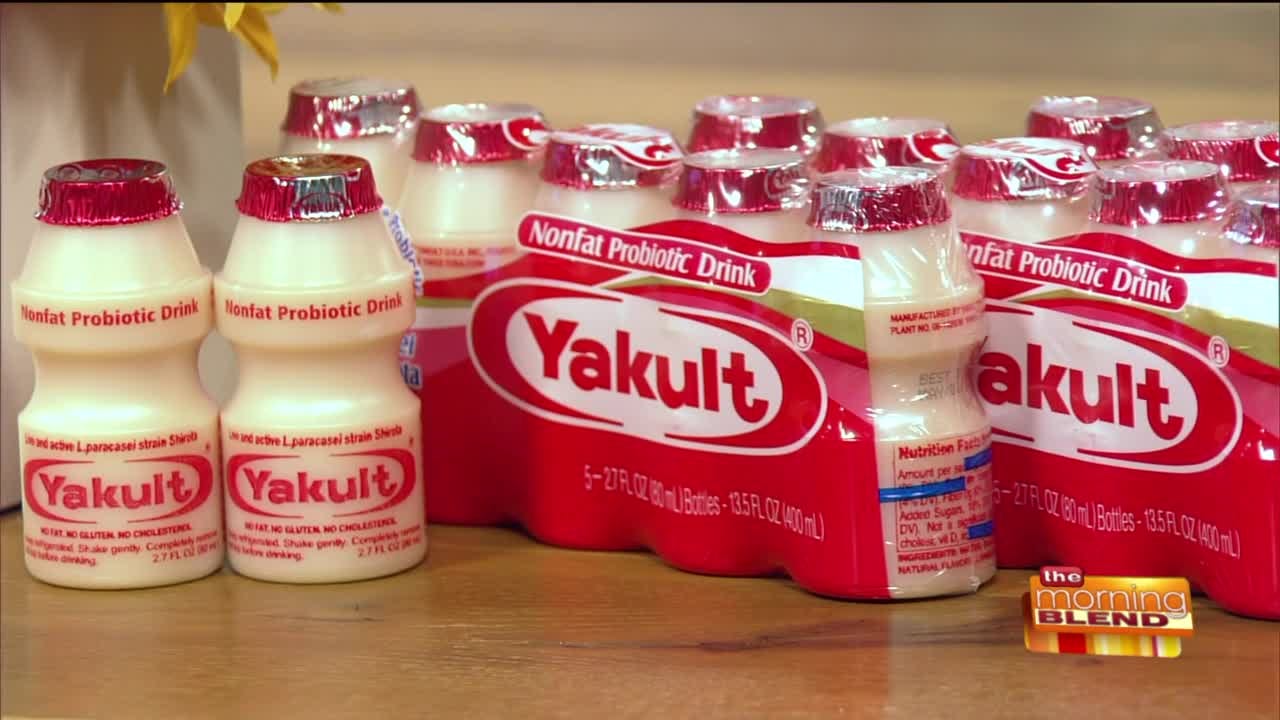Yakult Honsha is a Japan-based producer of probiotic drinks. The company is synonymous with the popular “Yakult” drink, which comes in iconic little red bottles (above image) and is sold in 38 countries. It’s a household name in most Asian countries, while also becoming increasingly popular in markets like the US, Australia, and UK in recent years.
In my view, Yakult is still underrated in the F&B space, despite being a large-cap stock. The story here has the potential to attract more attention from global investors. Here is what I see:
From a product and brand strength perspective, I consider Yakult to be the closest thing there is to a "Coca-Cola of Asia", if such a comparison exists.
Yakult is the largest F&B company in the world to successfully operate a direct-to-consumer, subscription based sales model at scale (known as the “Yakult Ladies”). This serves as a significant business moat.
In Japan, the highly successful launch of a new premium product, Yakult 1000, has been a game changer. The average selling price (ASP) of the mainstay Yakult product line has gone up 50%, demonstrating brand strength and pricing power.
Yakult’s other high-growth regions include (5-year sales volume CAGR): Vietnam (27%), USA (17%), Indonesia (6.5%), and the Philippines (6.4%).
China has been the notable underperformer since 2019. However, margins are expected to improve soon, thanks to management's efforts to secure profitability in a lower volume market. These efforts include headcount reduction (20% of workforce) and the launch of a new premium product (the first new product launch in China in 20 years!)
Yakult’s management is shareholder-friendly and highly conscious of its share price, in my view. Recently, the company has effectively existed the underperforming pharmaceuticals business. With a cash-rich balance sheet (30% of market cap), there is also room to increase shareholder distributions.
The stock trades at an EV/EBIT of ~12x, which is less than most global peers at 13-20x (Danone, Nestle, Yili/Mengniu, Coca-Cola, Pepsi, etc.) Catalysts for re-rating includes a turnaround in China, faster-than-expected contribution from the highly profitable US business, and an increase in shareholder distributions.
“The Coca-Cola of Asia”
Yakult’s origins can be traced back to 1930 when Dr. Minoru Shirota, Yakult’s founder who is a microbiologist, succeeded in culturing a lactic acid bacteria named Lactobacillus casei strain Shirota.
Due to poor sanitary conditions at the time, foodborne illnesses were highly common in Japan. Dr. Shirota set out to make a drink that strengthens gut health and immunity. In 1935, the Yakult drink was introduced to the market, with each bottle loaded with the proprietary lactobacillus strains.
Yakult became highly successful in Japan, and soon after the company embarked on an overseas expansion. The Yakult drink was perfect in developing Asia, where gastrointestinal ailments were also common, but due to poverty few people could afford medicine at the time.
Yakult commenced operation in Taiwan in 1964, followed by Hong Kong in 1969, Thailand, Korea, Philippines, Singapore in the 1970’s, Indonesia in 1991, and China in 2002.




